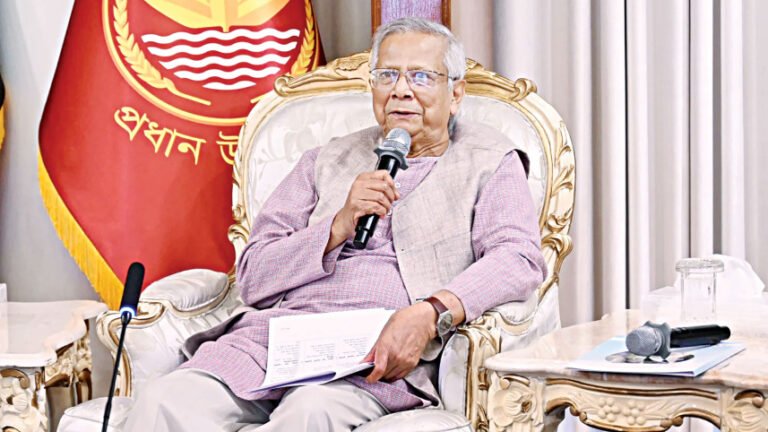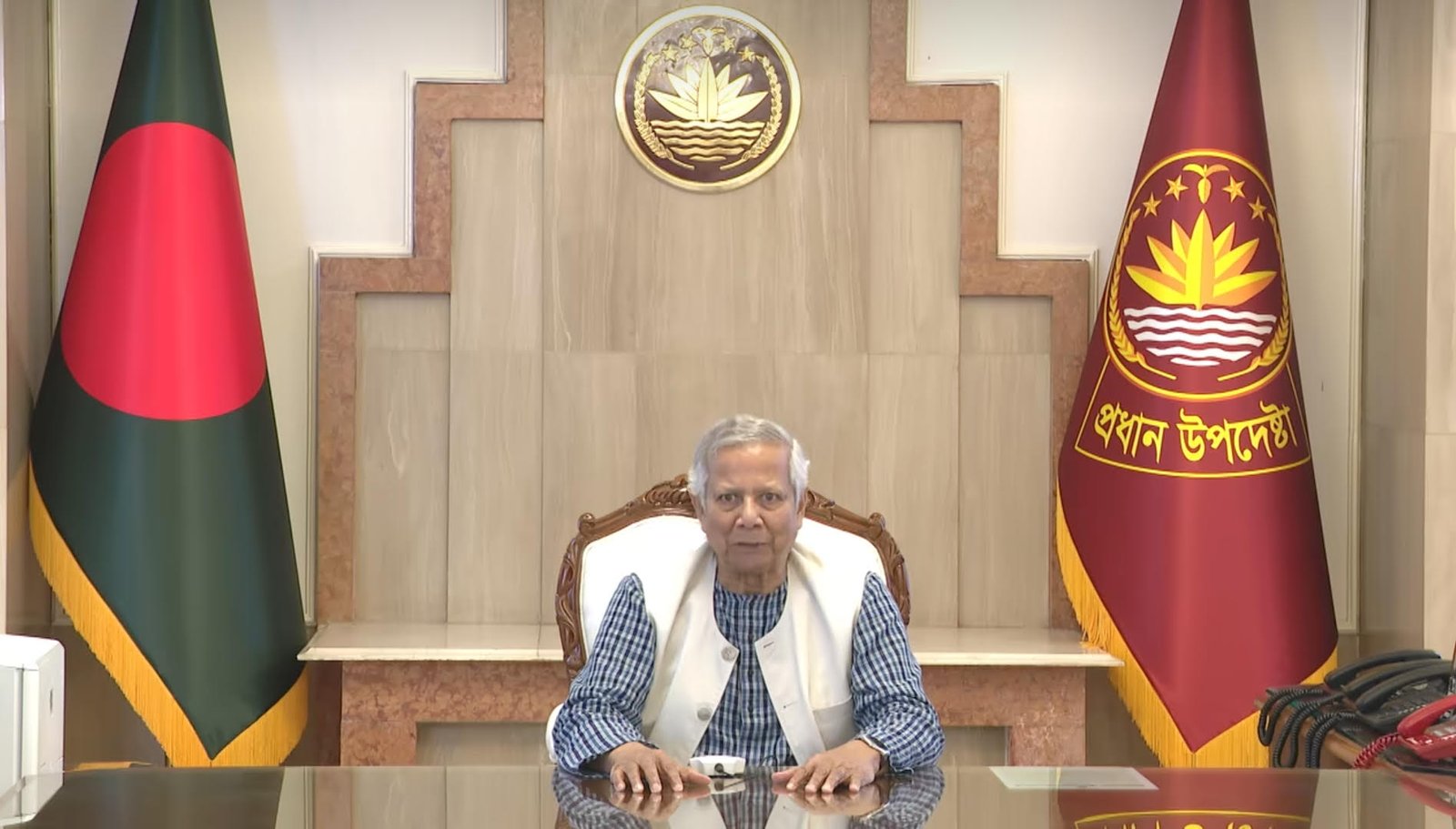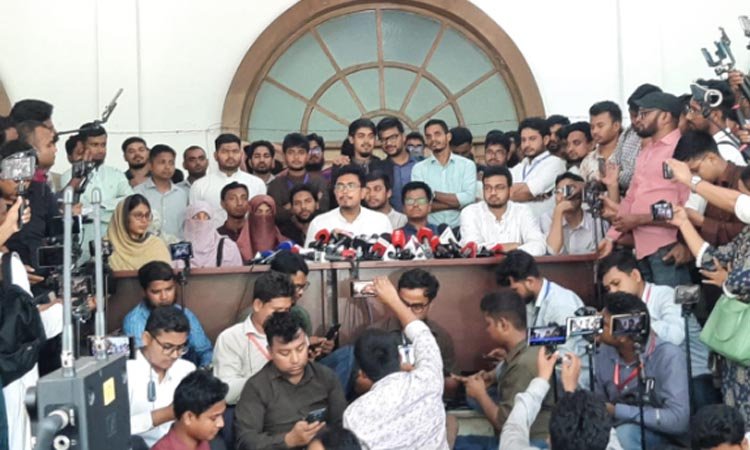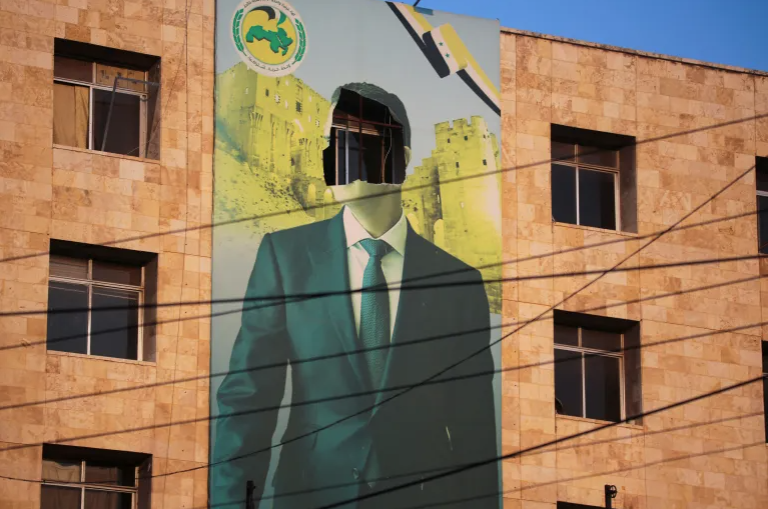In a turn of events that has sent shockwaves through Bangladesh, Mahmudur Rahman, a renowned journalist and editor of the now-defunct Amar Desh newspaper, has once again been sent to jail following his surrender to a Dhaka court. Known for his strong ethical stance and unwavering patriotism, Rahman’s detention comes as part of a conspiracy case that has seen him falsely accused of plotting to abduct and kill Sajeeb Wazed Joy, the son of former Prime Minister Sheikh Hasina.
Rahman, who is hailed by many as a national icon, has long been a vocal critic of the Awami League government, particularly during Sheikh Hasina’s tenure as Prime Minister. His firm stance against what he called the “fascist turn” of Hasina’s regime earned him the ire of the ruling establishment. In 2013, Rahman was detained under dubious charges, marking the beginning of what many consider a politically motivated campaign to silence him. Despite facing severe physical abuse, including injuries sustained in court, Rahman remained steadfast in his refusal to compromise on his principles.
After the fall of the Hasina regime, Bangladesh transitioned to an interim government, but Rahman’s persecution continues. On September 29, 2023, Dhaka Additional Chief Metropolitan Magistrate Mahbubul Haque denied Rahman’s bail request and ordered him to be jailed. The charges stem from an August 2015 case in which the prosecution claims that Rahman, along with several others, conspired to kidnap and kill Joy, an accusation that Rahman and his legal team vehemently deny.
The people of Bangladesh widely regard these charges as baseless. Rahman, who was previously sentenced to seven years in prison in absentia, returned to the country just days before his surrender, after spending over five years in self-imposed exile. His return was met with widespread support, with many calling him a hero of the resistance against fascism. It was Rahman who sparked the movement against the authoritarian tendencies of the Hasina government, rallying the nation to stand up for democratic values and freedom.

However, the silence of the interim government following Rahman’s detention has raised eyebrows. The very individuals who toppled Hasina and formed the current administration have remained conspicuously quiet about Rahman’s continued imprisonment. Despite overwhelming public support and evidence pointing to his innocence, the court has continued to pursue the case, further fueling concerns about the state of justice in Bangladesh.
Rahman’s supporters argue that his current ordeal is part of a larger scheme to suppress dissent and maintain control over the country’s political discourse. As one of the few remaining critics of the regime, Rahman’s voice has been a beacon of truth in a sea of falsehoods. His refusal to back down, even in the face of physical and psychological abuse, has only further solidified his position as a symbol of resistance.
Many Bangladeshis now fear that if a man as respected as Mahmudur Rahman can be falsely accused and jailed, the same fate could befall anyone who dares to challenge the powers that be. The country watches closely, hoping that justice will prevail and that Mahmudur Rahman’s legacy of fighting for truth and freedom will not be in vain.



















